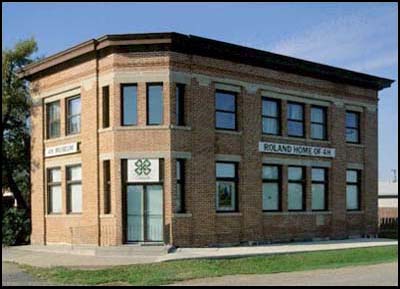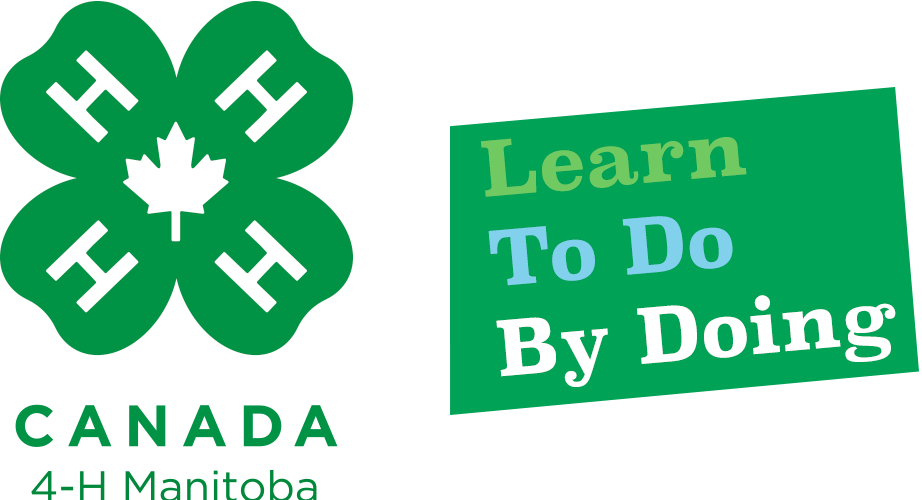4-H in Canada all started right here in Manitoba! Roland, Manitoba, is recognized as the birthplace of 4-H in Canada, as it was the site of the first organizational meeting for a Boys and Girls Club in 1913.
Since then, 4-H in Manitoba has evolved significantly over its more than 100-year history. The first clubs—Roland, followed later that year by Darlingford, Manitou, Neepawa, Oak Lake, Starbuck, Stonewall, and Warren—were established by the Extension Service of the Manitoba Agricultural College through the school system. Over the years, responsibility for 4-H shifted between various provincial departments before settling with the Department of Agriculture in 1926. In 2016, the Manitoba Government stepped back from directly overseeing the program, and Manitoba 4-H Council was incorporated as its own non-profit organization.
The “4-H” name wasn’t officially adopted until 1951. That same year, the Manitoba 4-H Club Council was created to promote, encourage, and improve the program, marking a significant step toward self-governance.
The original clubs were multi-purpose, with the first 472 members raising poultry and growing potatoes and fodder corn. Between 1928 and 1930, specialized single-project clubs emerged, focusing on topics such as grain, beef, sheep, dairy, poultry, gardening, clothing, and cooking. By 1963, as 4-H celebrated its 50th anniversary in Manitoba, the trend had shifted back toward multi-purpose clubs, except for certain agricultural projects.
Membership has fluctuated over the years. Initially open to youth aged 10-16, 4-H now welcomes members aged 6-25. Enrollment peaked at 9,495 members in 1939-40 but dropped to 4,323 during the war years due to enlistment and labor shortages. In more recent history, Manitoba 4-H had over 2,000 members before 2020. The pandemic caused a temporary decline, but with the introduction of virtual projects and a gradual return to in-person programming, membership has been rebuilding since 2022, with over 1,500 members currently engaged.
Despite these changes, the core values of 4-H remain the same. Skill development, leadership, and citizenship training have been at the heart of the program since its inception. Public speaking has been a key component since 1926, and the Provincial Communications Competition, introduced in 1947, remains a cornerstone of 4-H today. Member and leader involvement in club management dates back to 1916 and continues to be a vital part of the program. Additionally, members still recite the 4-H Pledge, which has been in use since 1927 when it was officially adopted at the first United States National 4-H Camp in Washington, D.C.
4-H in Manitoba has a rich legacy of empowering youth, fostering community engagement, and shaping future leaders. While the program has grown and adapted over time, its commitment to “Learn To Do By Doing” remains as strong as ever.


